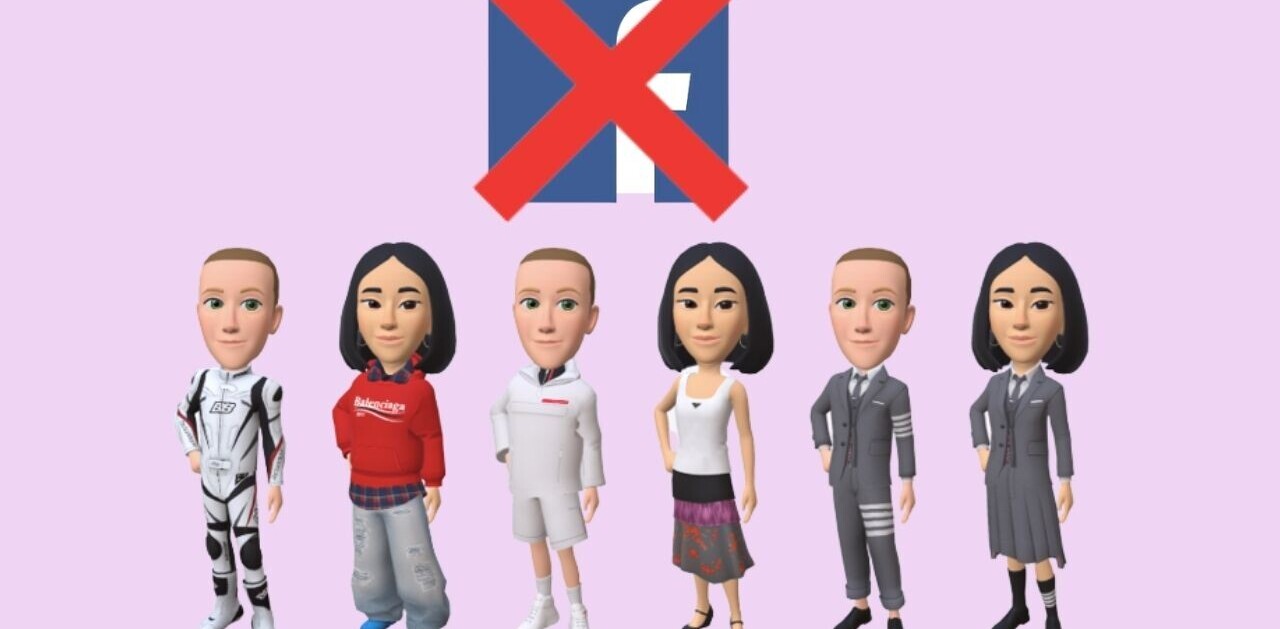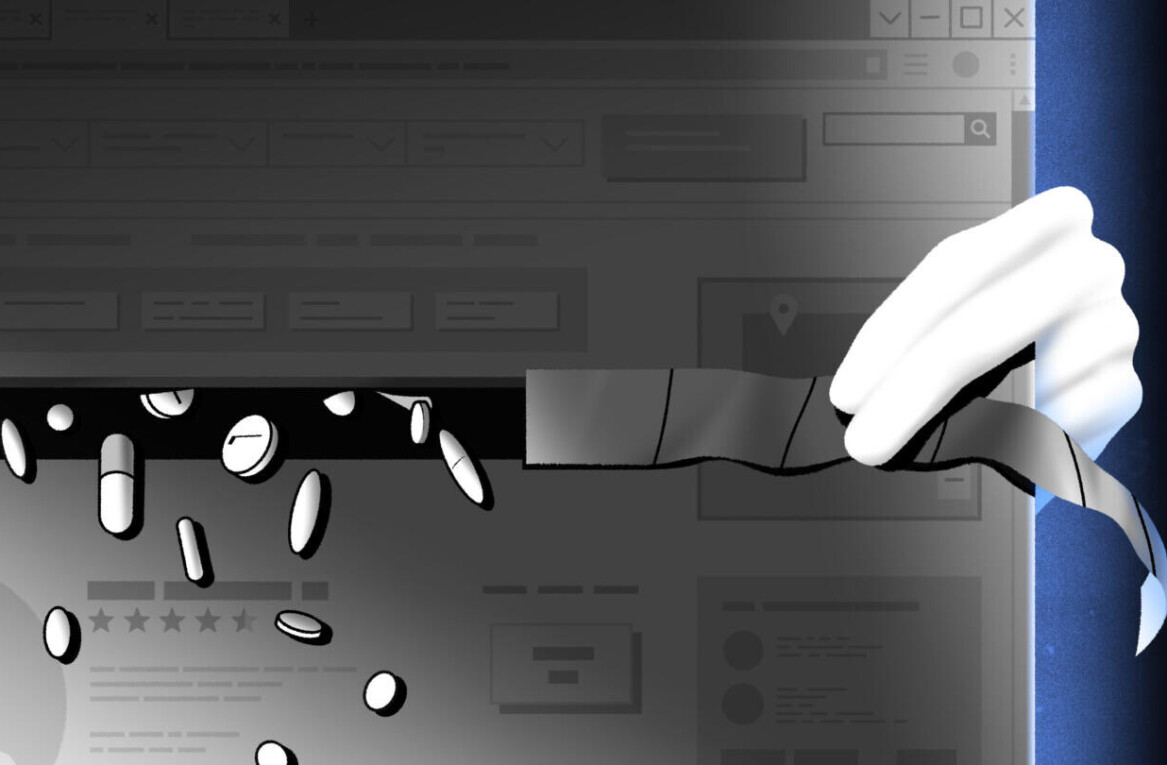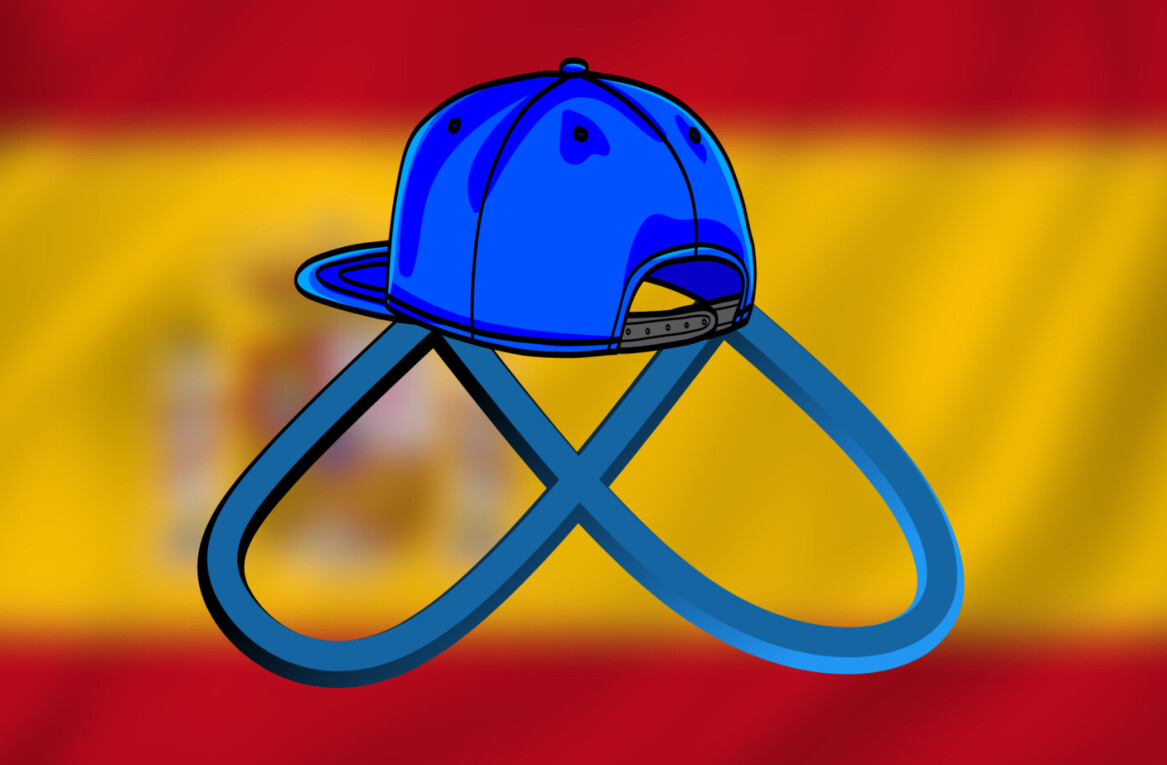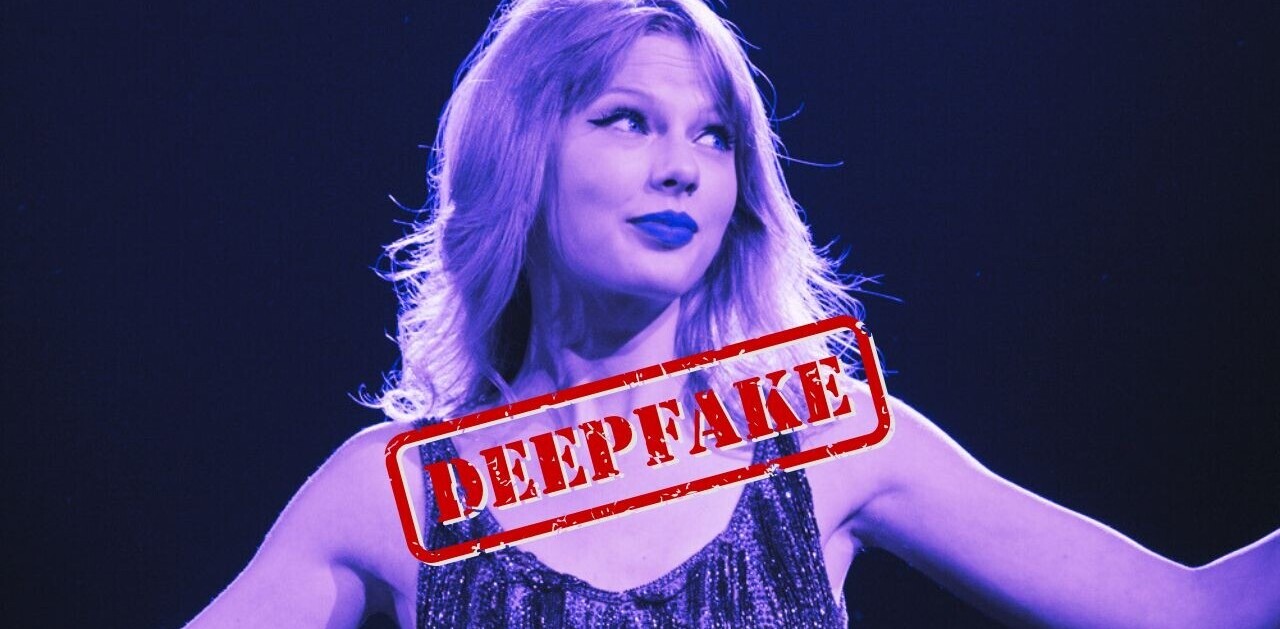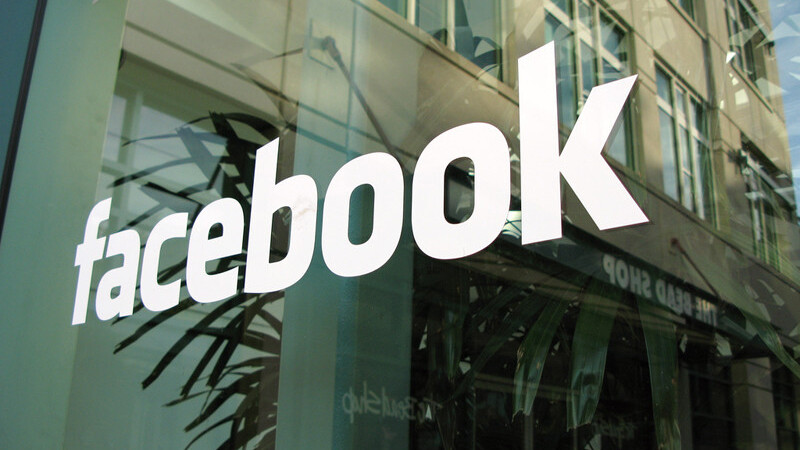
Here’s a conundrum for you: when is a startup not a startup?
It’s not an easy question, but a sensible answer might be: “when it has been operating for seven years, generates $2bn in revenue, is valued at $50bn and has over 2,000 employees overseeing a global user-base of 600m people.”
You will no doubt assert that a company fitting the above profile is anything but a startup. But as you’ve probably guessed already, the hypothetical company I portray above is actually the all-conquering Facebook. And here’s why I think it is still a startup.
Spotify…a startup?
Firstly, let’s backtrack to the Startup-Up 100 Awards finale in mid-April, sponsored by the Telegraph Newspaper. It promised such greatness – a high-profile award that honours the most promising technology startups in Europe.
Whilst many smaller tech companies did win individual categories, the overall winner was Spotify.
Now, Spotify has over 10m users in seven countries. It’s valued at over a billion dollars, and it generates many millions of dollars in revenue. Oh, and it has been ‘trading’, so to speak, for nigh-on three years.
For Spotify to win such a prestigious startup award seems like somewhat of an anti-climax. This isn’t a slight on Spotify, I love Spotify and it deserves all the success it gets. But I can’t help but think a smaller ‘basement’-type startup would’ve been more deserving of the overall award. Spotify is surely well beyond the ‘promising’ stage, no?
However, whilst Spotify may seem a little long in the tooth to be winning startup awards, it is still a startup. And so is Facebook.
Defining ‘startup’ 
Facebook, like Spotify, has defined a space in the digital sphere. But crucially, it hasn’t stopped defining that space.
Facebook has blazed a trail; it is actively inventing the rules of engagement as it progresses and, as such, it has come in for a lot of criticism on a number of issues, including privacy and also how it supports businesses on Facebook.
But Facebook doesn’t have other peers in the same space to look at and say ‘oh, that’s how we should be doing things’. It has been trial and error, but it is getting there.
The way Facebook has transformed what was a tool for connecting friends, into a profit-making platform for business, really is quite remarkable. But the model is scaling and evolving all the time. And this is a key point. Facebook may have launched in 2004, but it is still finding its place in the market. And without much in the way of precedent, Facebook will continue to define what a “revenue-generating social network for businesses and people” is, and what it can do.
Fast Company voted Facebook the world’s most innovative company in 2010. When Facebook no longer innovates and starts to stagnate, it won’t be a startup.
What if…
If Facebook had been acquired by Yahoo!, it would no longer have been a startup, just as YouTube ceased to be a startup when it was acquired by Google. Mark Zuckerberg would’ve been exceedingly prosperous, but there’s no way he could’ve worked under the auspices of a bigger company. He likely would’ve stuck at it for a bit, then walked away to become a major investor in other Silicon Valley startups.
But he would’ve regretted selling it too, as he watched Yahoo! shrug its corporate shoulders deciding how to monetise the social behemoth that is Facebook.
So, although ‘startup’ alludes to a company that has recently ‘started up’, the word has evolved to describe more of a mindset, a culture and a business model. It really is all semantics and it’s all subjective.
Google…a startup?
So, by that definition, is Google a startup? Well, if a ten-year old company like Skyscanner can make the startup-100 list, then any company can technically be a startup. But here’s hoping we don’t see Page and Brin nominated for any major startup awards soon. That really would be a step too far…
Get the TNW newsletter
Get the most important tech news in your inbox each week.



